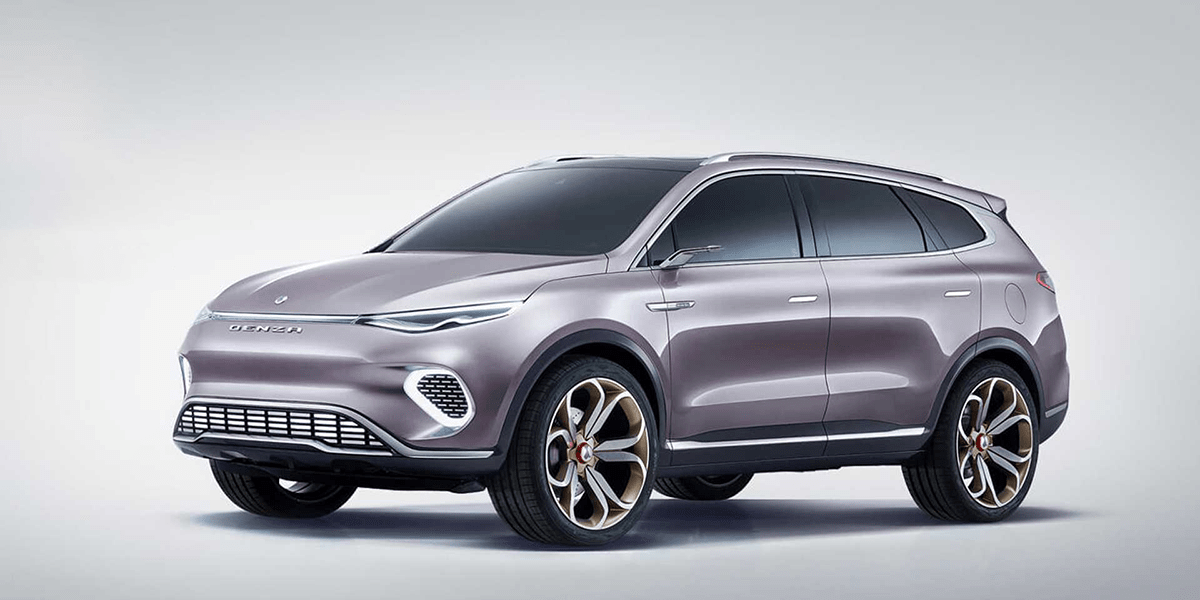Daimler radically reduces involvement in Denza
Daimler will significantly reduce its stake in Denza, the electric car joint venture in China with BYD. While Daimler is reducing its share from 50 to 10 per cent, BYD will hold 90 per cent of the shares.
The closing of the transaction is subject to regulatory approvals and is planned for mid-2022. From then on, the Chinese battery and electric vehicle manufacturer BYD will have the sole say in the joint venture Shenzhen Denza New Energy Automotive.
Denza has long been the subject of criticism within Daimler. For one thing, the sales figures fell well short of expectations and only 23,000 vehicles have been sold since the first Denza went on sale in 2014. Although the joint venture once aspired to become the most successful manufacturer of vehicles with alternative drives in China, these aspirations have been completely buried by electric car start-ups such as Nio or Xpeng that now regularly achieve five-digit sales figures every single month.
Moreover, Denza’s low-cost mid-size cars do not fit Daimler CEO Ola Källenius’ strategy – Denza was founded under his predecessor Dieter Zetsche. Källenius wants to place Mercedes at the high-margin upper end of the electric car segment. This argument is only partially relevant since Denza is a separate brand.
The fact that Daimler – or, as of February, the Mercedes-Benz Group – is not dropping out completely is probably also due to the importance of joint venture partner BYD. In Germany, the business and trade publication Handelsblatt quotes Daimler’s China board member Hubertus Troska as saying that the cooperation with BYD will be “intensified”. In other words: BYD is still welcome as a partner and battery supplier for Mercedes models, hence not the complete withdrawal.
In terms of radically different approaches to the transport market generally, Daimler itself says “As one of the world’s leading new energy vehicle manufacturers, BYD announced the “7+4” Full Market EV Strategy, which helps to electrify the entire public transportation system.” BYD seems to have been far more interested in supplying those vehicles, which include public transport vehicles, than Daimler, which has been more concerned with maintaining its turnover with luxury private vehicles than electrifying its ambitions in other vehicle segments. Not so BYD, which in the meantime, completely dominates global electric bus markets, for example.
It is clear yet what effects the reduced participation will have on the division of labour within the joint venture. Until now, BYD has developed and built the vehicles, while Daimler has been responsible for their design.
Including reporting from Sebastian Schaal, Germany
daimler.com, cnevpost.com, handelsblatt.com (in German)





0 Comments